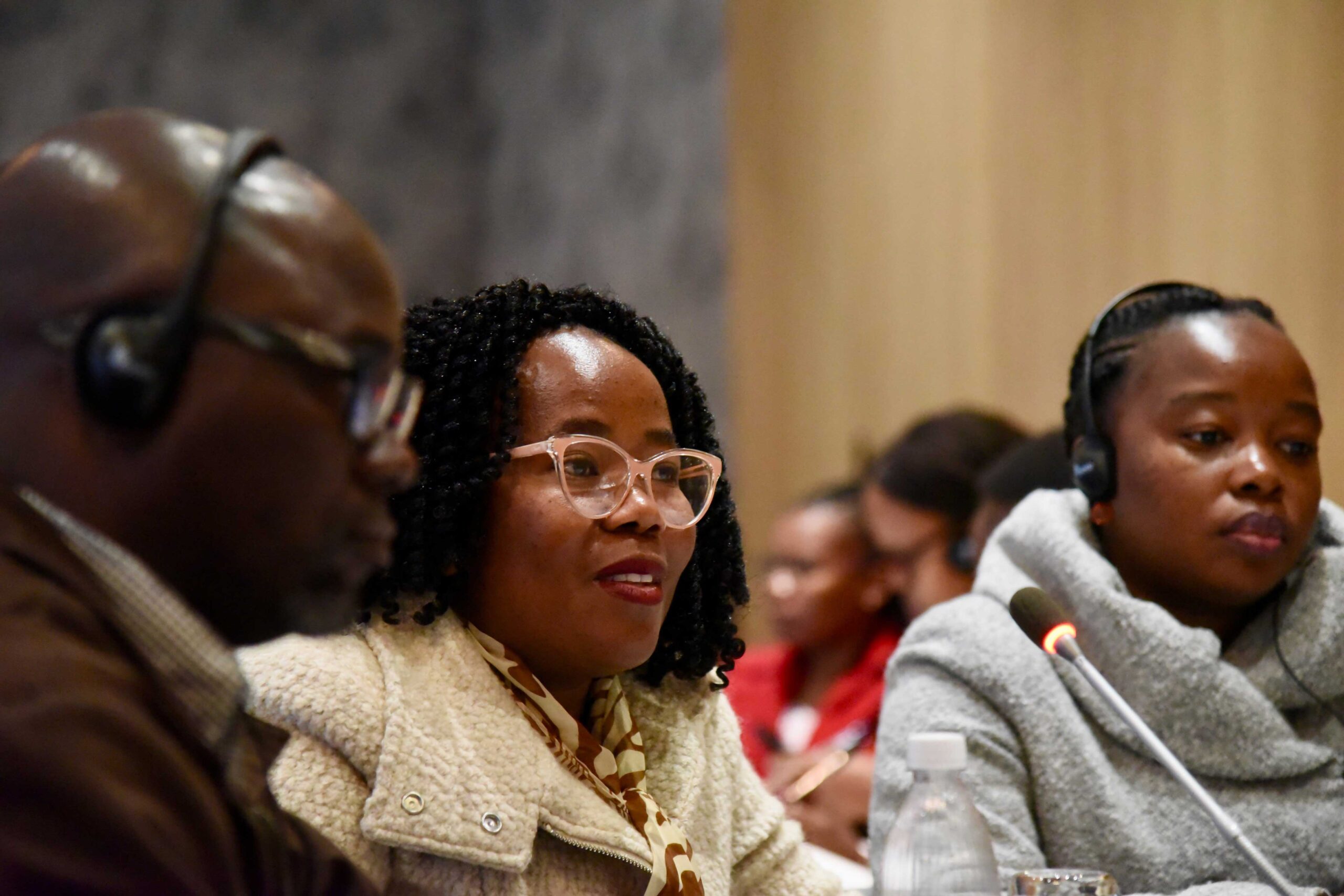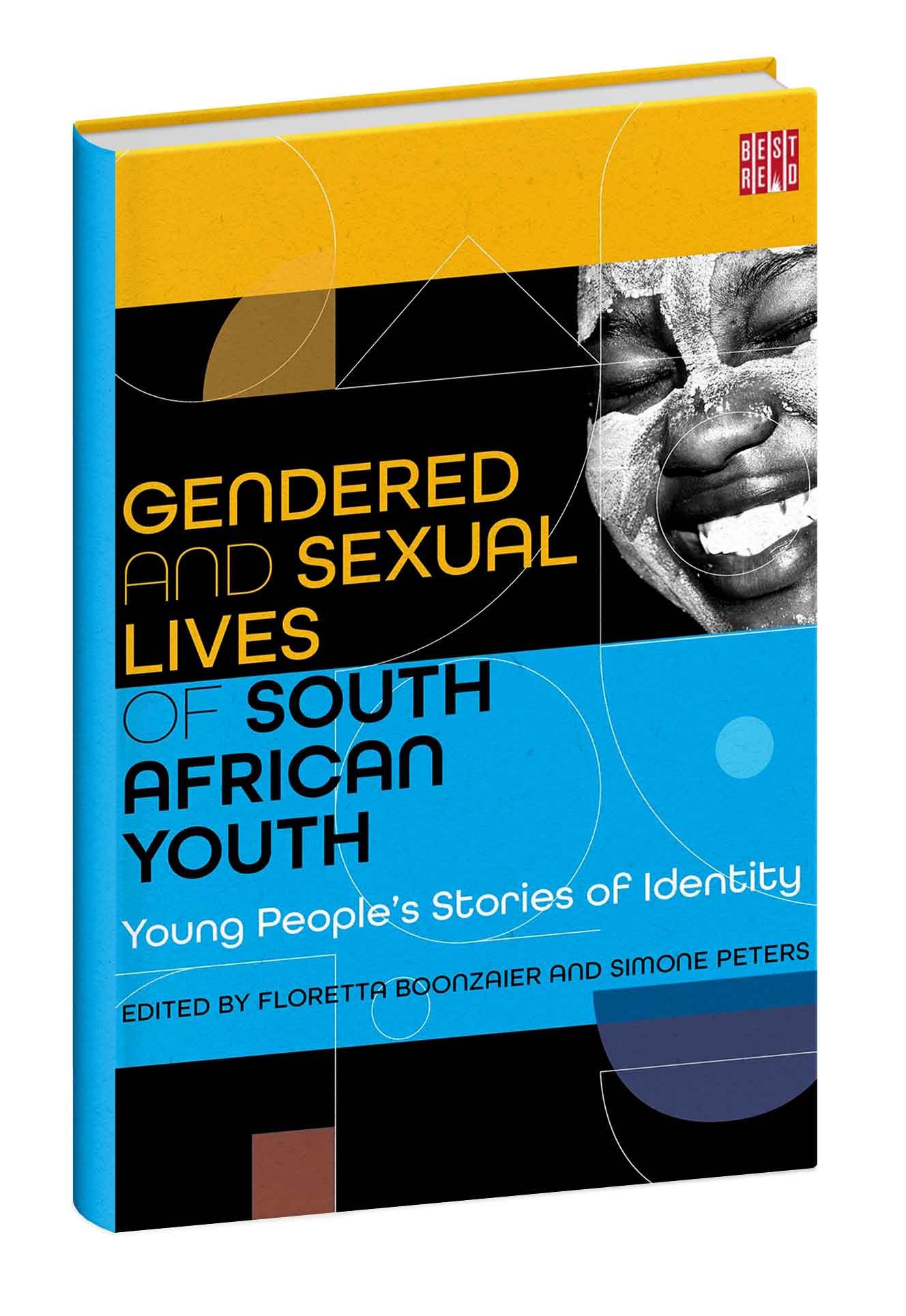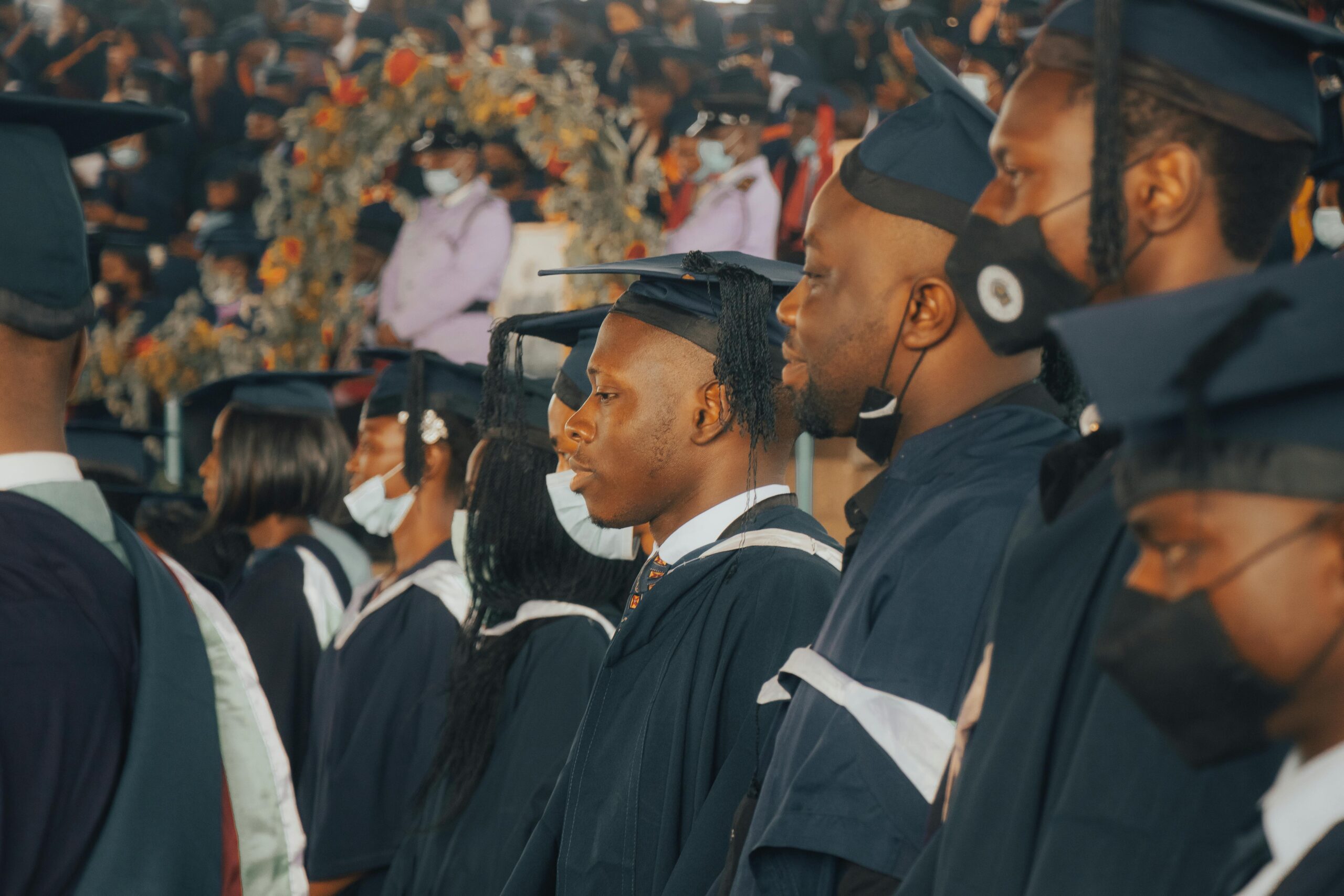Science, technology and innovation drive economic development, solving societal problems in areas such as education, housing and healthcare. Often, these challenges disproportionately affect women. Yet, female researchers are underrepresented in the fields of science, technology, engineering and mathematics. The HSRC’s Gender and Inclusivity Project is dedicated to advancing gender transformation in research. By Antoinette Oosthuizen, Ingrid Lynch, Lorenza Fluks, Nazeema Isaacs and Heidi van Rooyen
Worldwide, only about a third of researchers are women. While gender parity has been achieved in life sciences in many countries, only 28% of tertiary graduates in engineering and 40% in computer sciences are women, according to the 2021 Unesco Science Report. In the field of artificial intelligence, only 22% of professionals are women. Ironically, these fields drive the Fourth Industrial Revolution but are also characterised by a skills shortage. The report shows that wide variations exist in the representation of women in research at national and regional levels.
“Addressing gender disparities is not only a question of rights and justice but is crucial to producing more inclusive teams in organisations, higher-quality research, and greater relevance and impact of research and innovation – for women and society broadly,” explains Ingrid Lynch, co-principal investigator of the HSRC’s Gender and Inclusivity Project.

Dr Lorenza Fluks, a senior research specialist in the HSRC’s Impact Centre, at the Gender Equality and Inclusivity Workshop in July 2023 Photo: Jive Media Africa
The HSRC’s response
Over the last three years, the HSRC partnered with the Science Granting Councils Initiative (SGCI), a multilateral initiative established in 2015 to strengthen the institutional capacities of public science funding agencies in sub-Saharan Africa. Science granting councils (SGCs) play a central role in national innovation systems. They lead decisions on research funding, thereby stimulating research design and content and contributing to the setting and monitoring of national research agendas. To increase the number of women in research, SGCs need to be on board. The HSRC has led the SGCI Gender and Inclusivity Project in partnership with the international feminist organisation, Gender at Work, the Council for the Development of Social Science Research in Africa, and Jive Media Africa to address this issue. Participating SGCs are based in Botswana, Burkina Faso, Côte d’Ivoire, Ghana, Kenya, Malawi, Mozambique, Namibia, Senegal, Tanzania, Uganda, Zambia and Zimbabwe.
Implementation approach
The SGCI Gender and Inclusivity Project ran from September 2020 to February 2023, with 13 SGCs responding to a collective learning question: What will it take for SGCs to more fully develop and implement policy commitments in respect to gender and inclusivity? Implementation was framed by a participatory orientation, adaptability to the process, and peer learning with the goal of enabling SGCs to take ownership and develop context-responsive and wide-ranging gender equality and inclusivity actions.
The participation of councils took place through two parallel streams. The first entailed a unique peer-learning methodology – Gender Action Learning (GAL) – developed by Gender at Work and underpinned by a customised, participatory process of co-creating strategies focused on individual and structural change. The GAL methodology focuses on changing organisational cultures instead of merely developing more policies or adding more women to the workforce. Instead of traditional training or teaching a set curriculum to increase knowledge of a topic, action learning happens with people from the same social system, engaged in problem-solving and experimentation.

Dr Dikabo Mogopodi (centre) from the Botswana Academy of Science with Dirce Madeira (right) and Manecas Alferes (left) from the National Research Fund in Mozambique at the HSRC’s Gender Equality and Inclusivity Workshop in July 2023 Photo: Jive Media Africa
The second stream took the form of a Targeted Technical Assistance (TTA) process that supported councils not in the GAL cohort to implement a gender equality and inclusivity strengthening activity in their grant-making cycle. The TTA adaptation was introduced due to limited human resources in smaller councils that did not allow for the time-intensive nature of GAL participation. The TTA involved focused, strategic support for strengthening gender equality and inclusivity in the context of councils’ current activities and needs.
During the GAL and TTA processes, the councils’ change teams identified priority areas for intervention that are relevant to their contexts, shaped their questions for learning and took ownership of the change process from the outset.
One of the GAL workshops focused on organisational diagnostic reflection and sharing experiences through storytelling. The programme included in-depth reflection on the history, culture and programmes of each council, with a view to exploring and developing ideas for change experiments or projects that could create more gender-inclusive approaches inside and outside their councils.
Follow-up workshops and online activities brought together participating councils to encourage peer learning, share analytical tools, and enable teams to tweak their change plans or experiments. Each team was supported by a Gender at Work facilitator or HSRC team member who supported them with resources and helped them with troubleshooting any challenges.
Progress
Participants gained an enhanced understanding of what it will take to advance gender equality and inclusivity in their councils and in the fields of science, technology and innovation in Africa. They were better equipped to work towards improving organisational culture and policies to support gender transformation.
“In the beginning, council members were reluctant to take up opportunities for engaging on gender and inclusivity when invited by the SGCI. Many had little understanding of what it meant for their councils and the work they supported”, said Heidi van Rooyen, the project’s principal investigator.
“They have learned that gender extends beyond social roles and cultural factors that influence how men and women and other groups can participate in science. Councils now have a better understanding of marginalisation and exclusion hampering progress in reaching countries’ gender development goals. The shift happened at the heart level… this becomes a key catalyser of change and progress in the next phase of the study,” explains Van Rooyen.
To further support co-learning, councils partnered with Jive Media Africa to produce a video series in which they share their experiences, challenges and highlights of driving transformation in their organisations (see links below).
Positive feedback
Gift Kadzamira, Director of Documentation and Information Systems for the National Commission for Science and Technology in Malawi and change team member described her involvement in the project as “enlightening and rewarding”, highlighting in particular the value of the GAL peer learning approach. “One doesn’t feel like one is on the receiving end; there’s no expert–learner type of relationship. We were always sharing ideas and learning from one another in such a way that you feel part of the process; you are also teaching the others.”
Kadzamira was frank about the challenges she encountered when introducing this work in her organisation.
“For people to accept that [gender policy] took a lot of raising of awareness of the issues and their importance… Another challenge was to ensure members of staff were able to incorporate the issues championed by the new policy into their day-to-day work, and to find a budget for them in the context of a number of competing demands – financial and otherwise.”
Nsama Chilumbu Mataka and Mupande Nambala from the National Science and Technology Council in Zambia spoke about a gender and inclusivity workshop the change team hosted at their council, which included senior management. The workshop produced a palpable shift in awareness and appreciation of the work of the change team, members of whom are now being consulted by senior management in the drafting of funding proposals. “That gives you the feeling that we may not yet be there, but I think we are getting somewhere.”
Pathways to impact
The ultimate goal is to increase diversity among research teams that would lead to more innovative research outcomes, to ensure women and underrepresented minorities have more equitable access to resources, funding and training and to encourage engagement with gender and inclusivity issues in science policy and decision-making. Diverse and inclusive research teams will ensure we conduct research that addresses the needs of all members of society, not just a few. Diverse, equitable and inclusive science will encourage wider use and uptake of our research and will result in greater impact.
The researchers believe the grant-making cycle is a key tool in advancing gender equality and inclusivity in research and that it will help to institutionalise the changes that councils brought about throughout the project. The team recently secured funding from the SGCI for the next three-year project period, where they will collaborate with councils to develop, implement and evaluate a policy framework for integrating gender equality and inclusivity into the grant-making cycle. Such a policy framework will provide regionally harmonised strategic direction for gender-responsive grant-making and will include an accompanying set of best-practice implementation tools that each council can adapt to its individual socio-economic, institutional and regulatory contexts.
Research contact: Dr Ingrid Lynch, a chief research specialist in the HSRC’s Public Health, Societies and Belonging division
Video links: Playlist of council reflection videos on the HSRC’s YouTube channel
Read more about the Gender Equality and Inclusivity Project and subscribe to receive our e-newsletter here.


